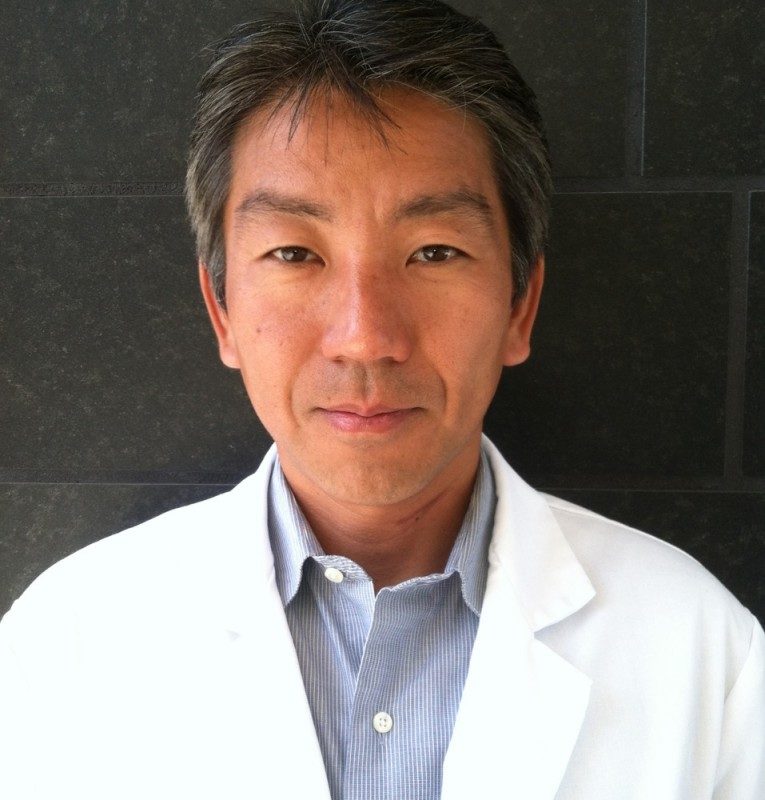
Stem cell researchers at USC have received a $1.75 million grant to engineer transplantable liver cells from discarded human placenta, a potential cure for certain congenital metabolic disorders. If successful, the proposed cell therapy could benefit thousands of patients in California and beyond who suffer from various liver diseases.
Toshio Miki, an assistant professor of research at the Keck School of Medicine of USC, is the principal investigator of the project and is considered a leading world expert on human amniotic epithelial cells derived from the placenta.
“We have confirmed that these cells are not tumorigenic,” said Miki, a member of the Eli and Edythe Broad Center for Regenerative Medicine and Stem Cell Research at USC. “Because we can isolate these cells from discarded human placenta, which is considered medical waste, they are readily available. And the cells are neonatal, which means that the DNA is not damaged from age or the environment.”
About one in 1,500 children in the United States has a congenital metabolic disorder, which in many cases is lethal. The transplantation of liver cells that have particular enzymes has been shown to cure these diseases, but a human liver cell shortage has prevented this from being a viable clinical treatment.
Meanwhile, previous research has shown that the human placenta contains cells that can acquire liver function. Miki and his team have shown the therapeutic potential of those cells in animals.
His current research, which is targeted to reach clinical trials in humans by July 2015, proposes to develop a method to separate placental cells that can acquire liver-like functions from those that cannot. The functional cells then will be used to treat mice sick with congenital metabolic disorders to test their effectiveness.
The project also aims to establish, test and price a small-scale bio-banking system that would match viable cells to patients affected with the disorders.
“While we focus on congenital metabolic disorders, we believe that, if successful, these cells can treat other liver diseases,” Miki said.
Taking science from the lab to the bedside is a top priority among researchers at the Keck School, with renewed emphasis on stem cell and regenerative medicine.
“Dr. Miki has developed an exciting, innovative program, harnessing the potential of amniotic stem cells,” said Andrew P. McMahon, incoming director of the Broad Center at USC. “I look forward to seeing this develop into a practical therapy for those suffering from liver disease.”
On April 24, California’s stem cell agency — the California Institute for Regenerative Medicine (CIRM) — awarded $69 million for research to help develop therapies for 15 diseases in its latest round of funding. These awards mark the third round of funding for CIRM’s Early Translational Awards program, which supports projects that are in the initial stages of identifying drugs or cell types that could become disease therapies.
“With these new awards, the agency now has 52 projects in 33 diseases at varying stages of working toward clinical trials,” said Jonathan Thomas, chair of CIRM’s governing board. “Californians should take pride in being at the center of this worldwide research leading toward new cures. These projects represent the best of California stem cell science and the best international experts who, together, will bring new therapies for patients.”
